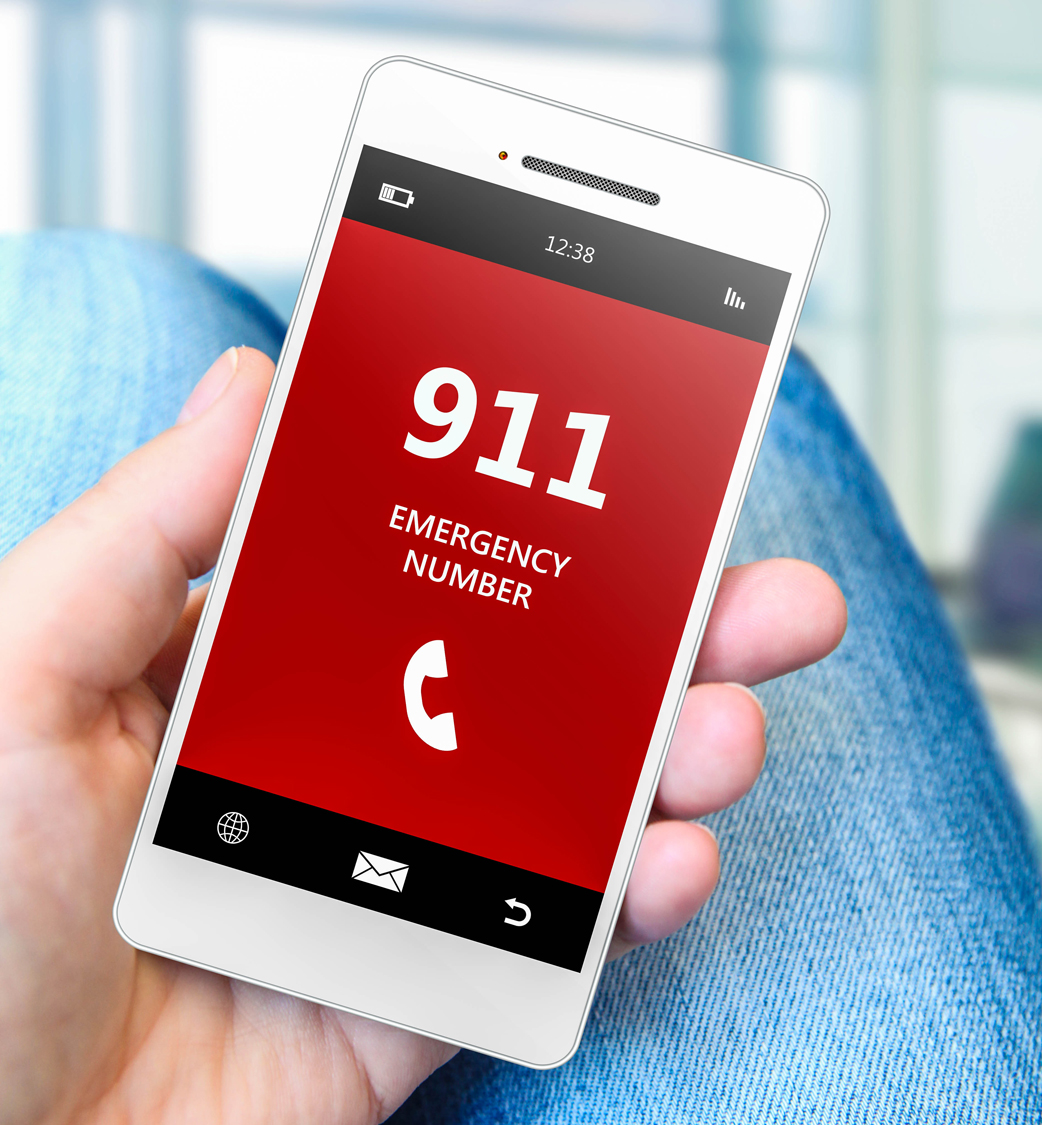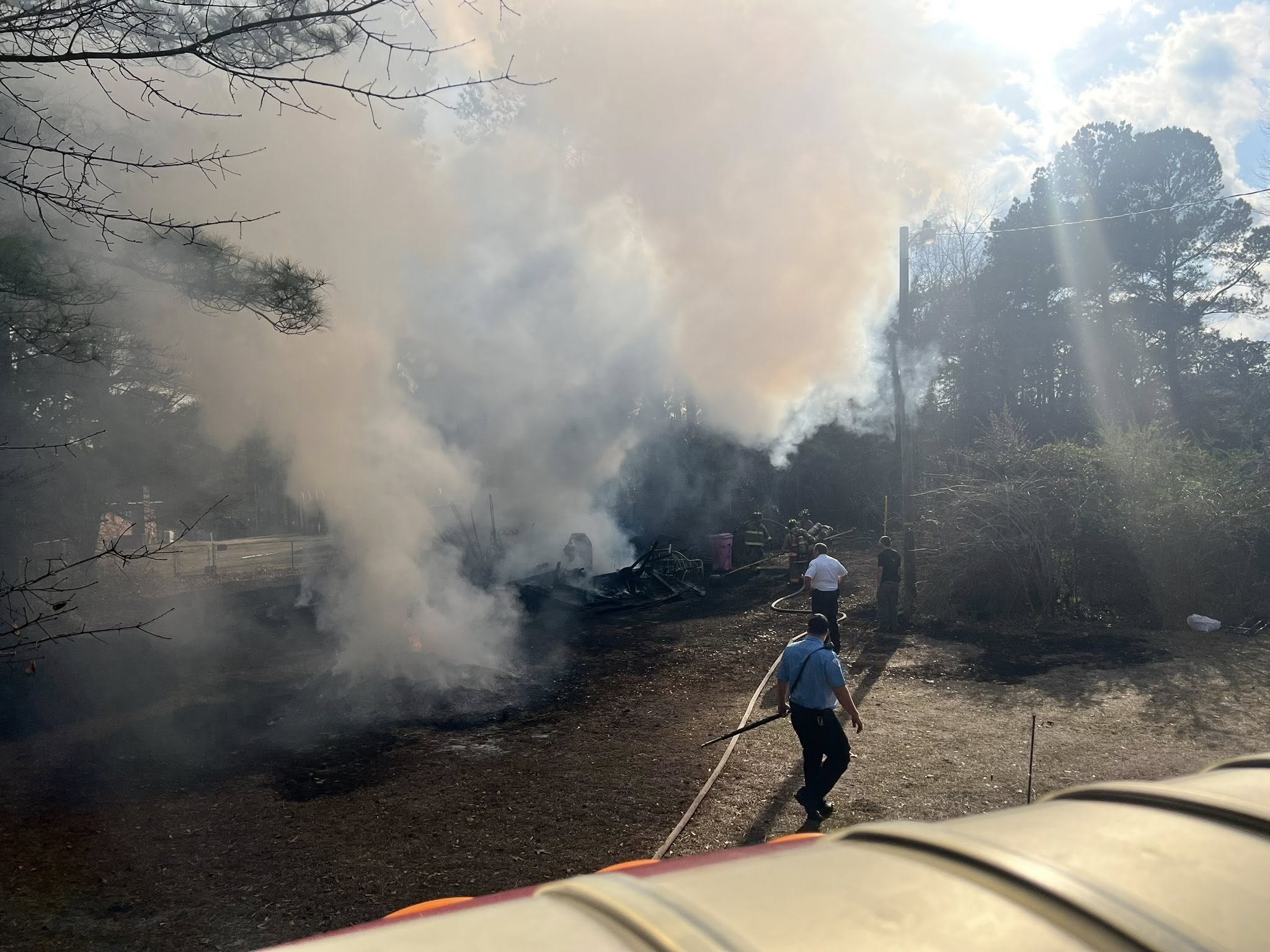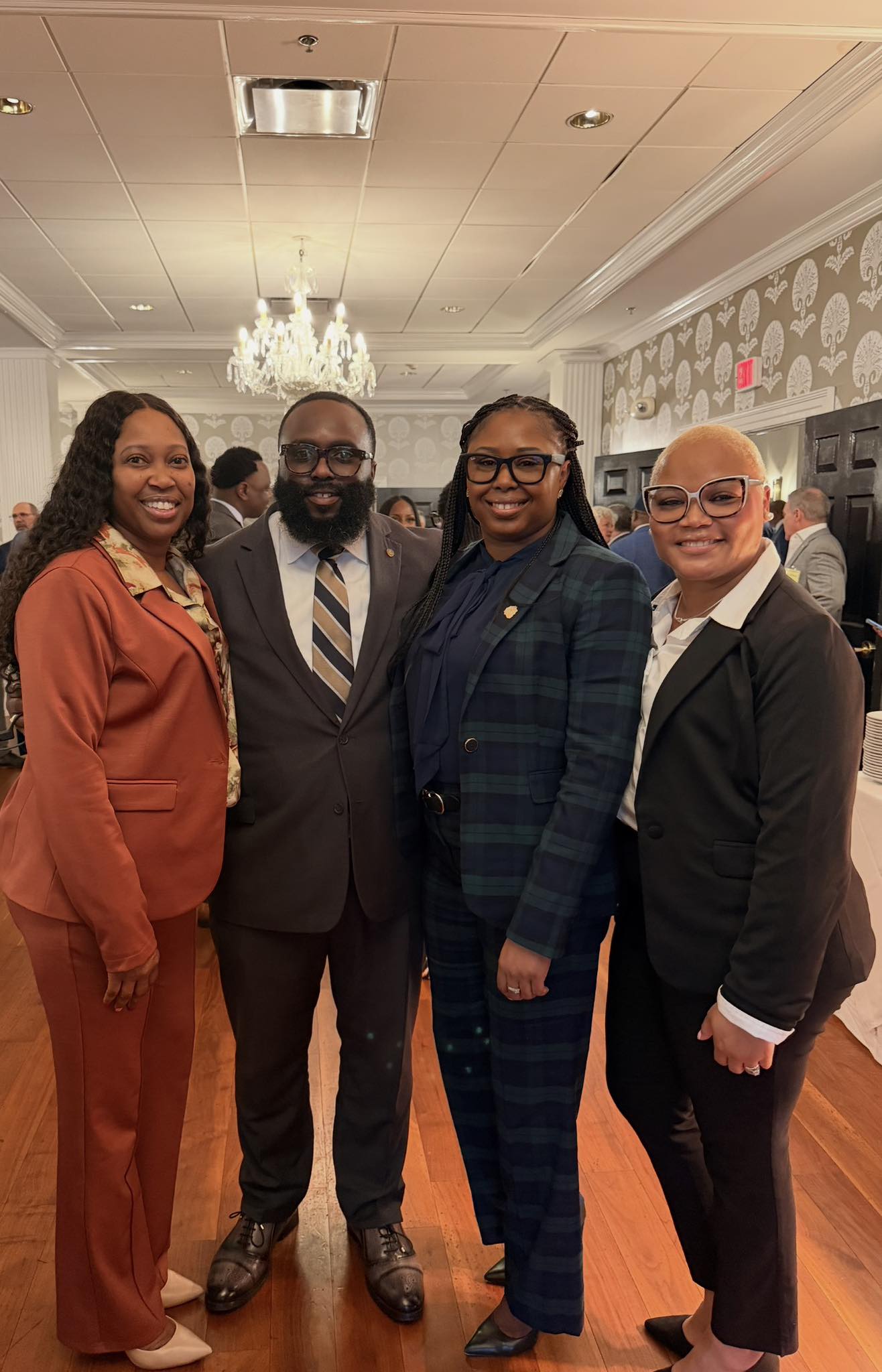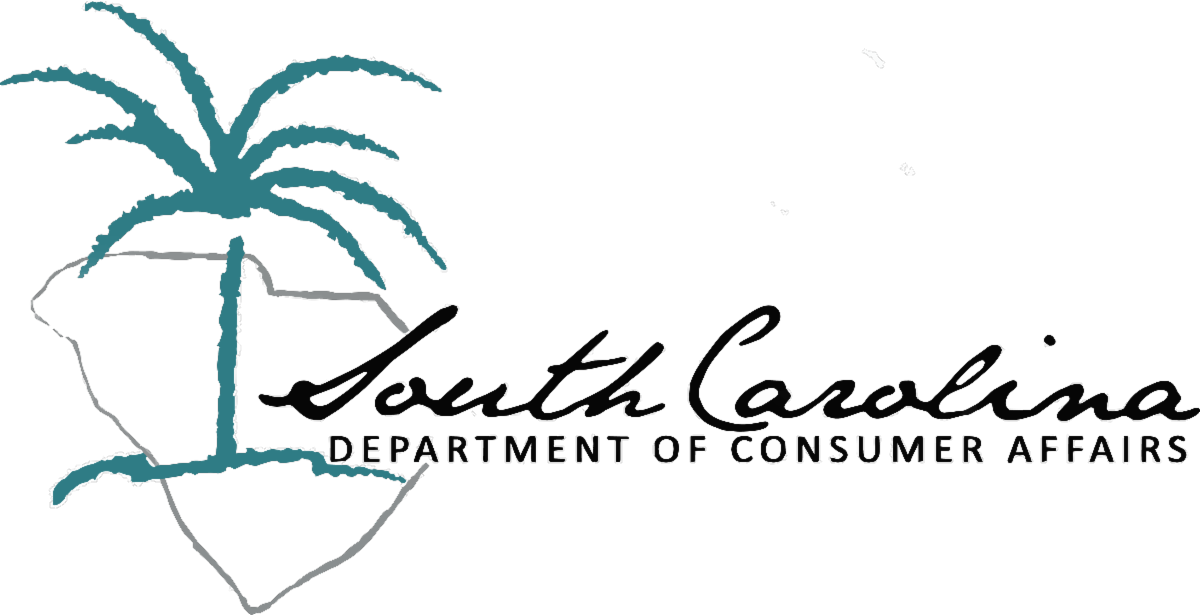By Betsy Finklea
During times like tropical storms and other weather emergencies, 9-1-1 gets inundated with phone calls.
It is very important that the public only call when there is a TRUE EMERGENCY so the people who really need help can get help.
So what constitutes an emergency?
E-911 Director Cassie Goins Kinney explains the difference.
Do not call 9-1-1 to report that your power is out, that your cable, internet or phones are out, or that your utilities are out. Call the numbers provided by your carriers on your bill. Do not call 9-1-1 for these numbers. Do not call 9-1-1 for updates of when these utilities are coming back on.
Do not call 9-1-1 for weather reports, road reports, or school reports.
Barking dogs are not an emergency.
9-1-1 is not a phone directory. Do not call 9-1-1 for phone numbers.
9-1-1 has a non-emergency number,
843-841-3707. This should be used to report downed power lines and trees, accidents where there is no injury or immediate danger, break-ins when the suspect is gone, vandalism who the suspect is gone, etc.
Call 9-1-1 when someone needs immediate medical attention or is non-responsive.
Call 9-1-1 if someone is having a drug overdose.
Call 9-1-1 if someone is in immediate danger.
Keep in mind that if winds are above 35 mph that EMS service will not go out. If you are under water, call 9-1-1, and they will try to get rescue out to you as soon as possible. They do have rescue service available for flooding so call 9-1-1 if you need those services.
Please reserve your calls for 9-1-1 for real emergencies. The public’s help and cooperation is needed.






